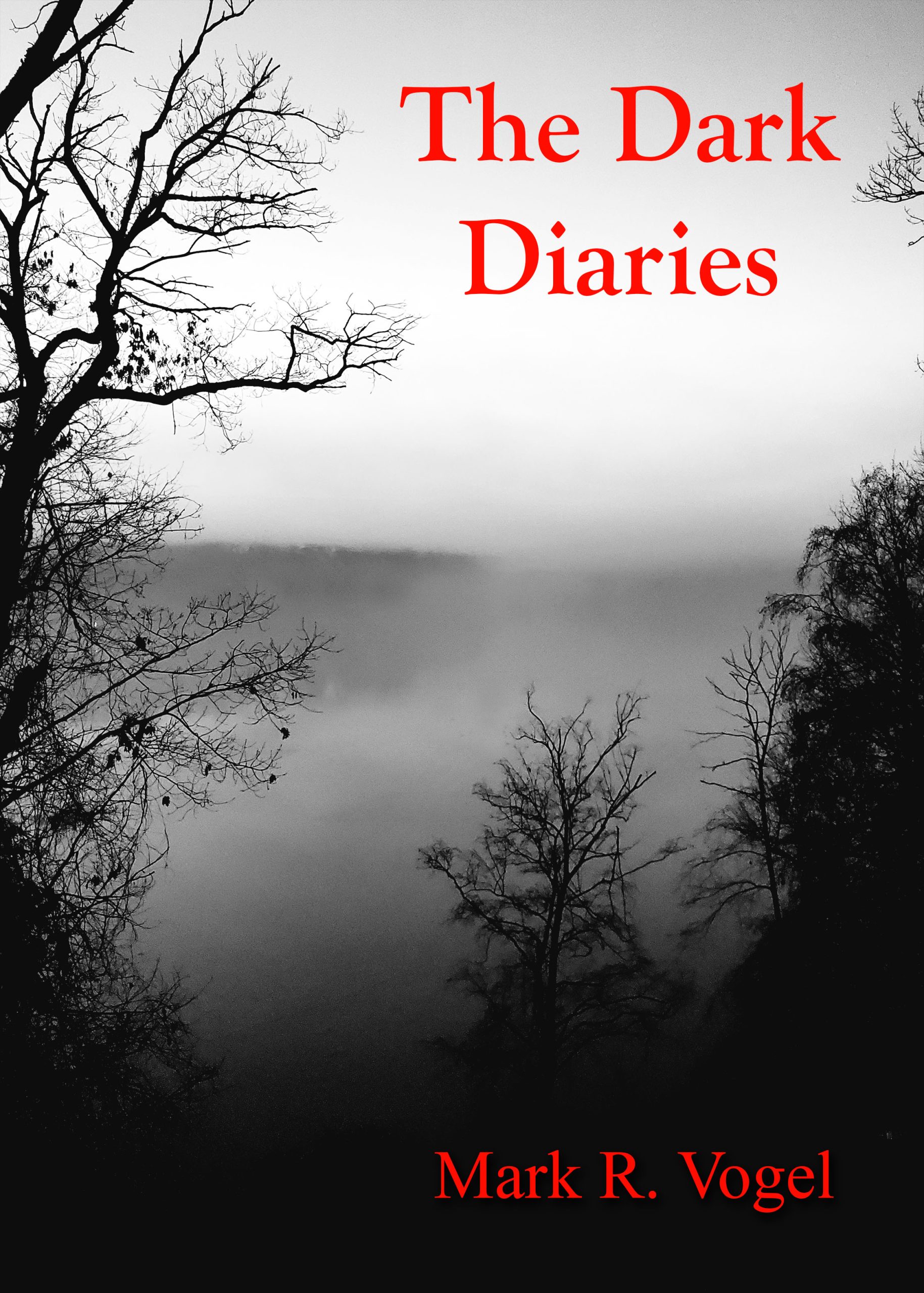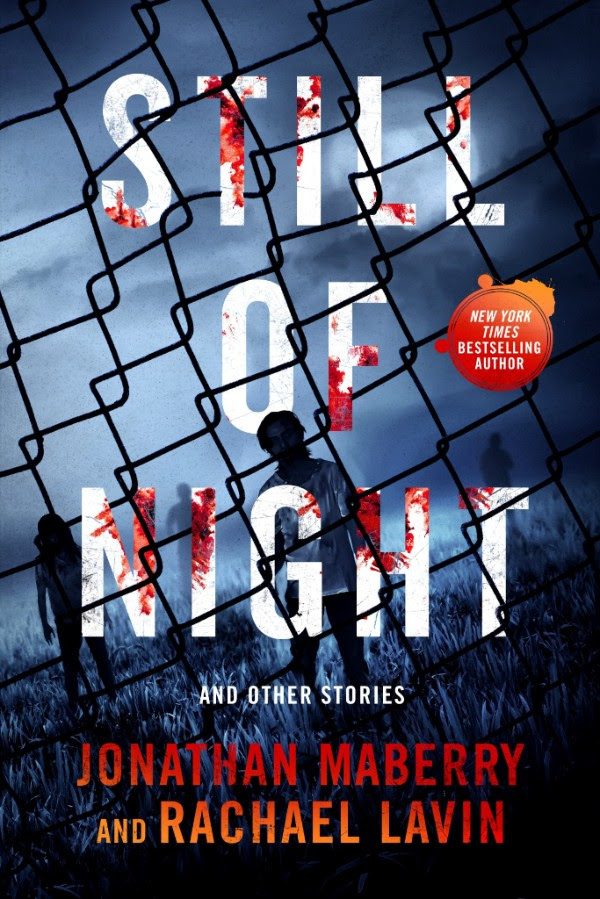After a brief hiatus, We Interrupt This Author has returned. My column has migrated, as you can tell, from the Cemetery Dance website to Horror World. I’ve long admired Horror World, and I’m honored to be a small part of it, and I hope to be here as long as Nanci can stand me. Scratch that, I hope to be here much longer that that. Any way, it’s always nice to get a chance to hang out with the cool kids.
Due to the reorganization, the following interview with the great T. M. Wright sat on the shelf for a bit longer than usual, and some of what follows reflects that.
T.M. Wright has been one of the most important voices in dark fiction since the publication of his novel Strange Seed in 1978. He is not only an accomplished writer, but also a talented painter and poet. Strange Seed was nominated for a World Fantasy Award, and Cold House for a Bram Stoker Award. Cold House appears in a revised form in the new collection of his work from Cemetery Dance, Bone Soup. A movie of Strange Seed is currently in development; for information about it, go to www.strangeseedmovie.com. Mr. Wright graciously took the time to answer a few questions about his work.
JOE HOWE: Your new release from Cemetery Dance is a story collection called Bone Soup. Tell us a little about it.
T.M. WRIGHT: It’s actually a collection of short fiction (some new stories, many reprints from various magazines, and a few of them are not “horror” or even “quiet horror”), poetry (some new, some reprints, some of them horror related), art (book covers, illustrations, oils of my wife and granddaughters, et cetera: I can’t vouch for the quality of the art; I like some of it) and a novel, as you note below, “Cold House,” first published in 2003.
JOE HOWE: How does the revised version of Cold House found in Bone Soup differ from the 2003 release?
T.M. WRIGHT: I’ll let you in on a secret: “Cold House,” in its first edition from Catalyst Press wasn’t perfect. Here’s another secret, the revised edition that appears in “Bone Soup” isn’t perfect, either, not by a light year or two, although it’s a couple steps closer than the original edition. But then, no novel is “perfect,” no matter how many times it’s been revised (and, as all writers know, too many revisions can drain the “life” from a novel), and “Cold House,” though well-received in 2003, contained various moments of clumsiness, both in the narrative as well as the dialogue. Moments of clumsiness remain, I imagine, but one revised edition of the book is all I can manage. .
JOE HOWE: Your work is generally held out as an example of the sub-genre of “quiet horror”. We’ve been through the era of quiet horror vs. the splatterpunks and the division of authors into different camps. This argument seems to have subsided, but my question is, do you see yourself in terms of quiet horror, and do you feel such a distinction is a valid one?
T.M. WRIGHT: Sure it’s valid. Some readers, perhaps most, prefer Richard Laymon and Ed Lee (both fine writers), for example, to what is generally referred to as “quiet horror,” a label that’s stuck to me for a couple of decades. I don’t mind. Though some of my books really aren’t particularly quiet (read as “full of gore”—such as the fifth in my “Strange Seed” series, “Laughing Man”) I usually prefer writing novels that leave some of the more pungent stuff, and some of the story’s secrets, up to the reader’s imagination. Sometimes, that makes for a more enjoyable read, depending on the reader, of course.
JOE HOWE: You are one of a select minority of horror writers whose work equals the best of so-called “literary” fiction. Do you find it frustrating that “genre” writers tend not to receive the same respect as so-called literary writers?
T.M. WRIGHT: A good genre writer receives respect from his readers, who tend, for the most part, to be fans of the genre in which their favorite writers write. I’d guess that most “literary” readers don’t cross over often into genre reading, and, if they do, it’s for a taste of something they tend not to think of as “literature,” even if what they’ve read, a “genre’ novel, fits that word perfectly.
JOE HOWE: Many of your characters tend to find horror upon examination of their inner selves. Are the internal workings of the psyche a subject of deep interest for you?
T.M. WRIGHT: Yes, as they are for many readers and writers, I think. What makes us tick is between our ears, and having at least an interest in how the brain works, deep down, is necessary to knowing why people are what they are and why they do what they do.
JOE HOWE: A Manhattan Ghost Story has been at various stages of movie development for a long time. What is the latest on its status?
T.M. WRIGHT: The project’s dead in the water, I’m afraid. It’s been eighteen years since the book was optioned by Robert Lawrence Productions, and seventeen years since the option was exercised and scheduled for production by Carolco Pictures (now defunct), and a year or so since you could find it listed as “announced” on Hollywood.com, with Wayne Wang as director and Disney Studios/Touchstone as producers. So I’ve given up hoping the film will be made. I made a bit of money on the whole thing—both from the actual sale of movie rights and also from subsidiary rights, such as foreign publication of the novel (it was published in about a dozen countries because of the movie sale) though others connected with the movie made lots, lots more, and so, now, I sigh and feel glad the whole thing went as far as it did.
JOE HOWE: What can we look for in the near future from T.M. Wright?
T.M. WRIGHT: Stories in a couple of high-profile anthologies within the next year, and “Sally Pinup,” a freaky novella, with an introduction by Gary Braunbeck, getting nice reviews, from Squid Salad Press. The book was released in November.
- The Dead Sheriff: Zombie Damnation - May 13, 2013
- We Interrupt This Author #11: John Hornor Jacobs - August 16, 2011
- We Interrupt This Author #10: Kealan Patrick Burke - April 20, 2011
- Who Goes There? - April 5, 2011
- KINCAID: A Paranormal Casebook - April 1, 2011
- We Interrupt This Author #9: Christopher Golden - March 15, 2011
- Valley of the Scarecrow - February 28, 2011
- We Interrupt This Author #8: T. M. Wright - February 14, 2011







